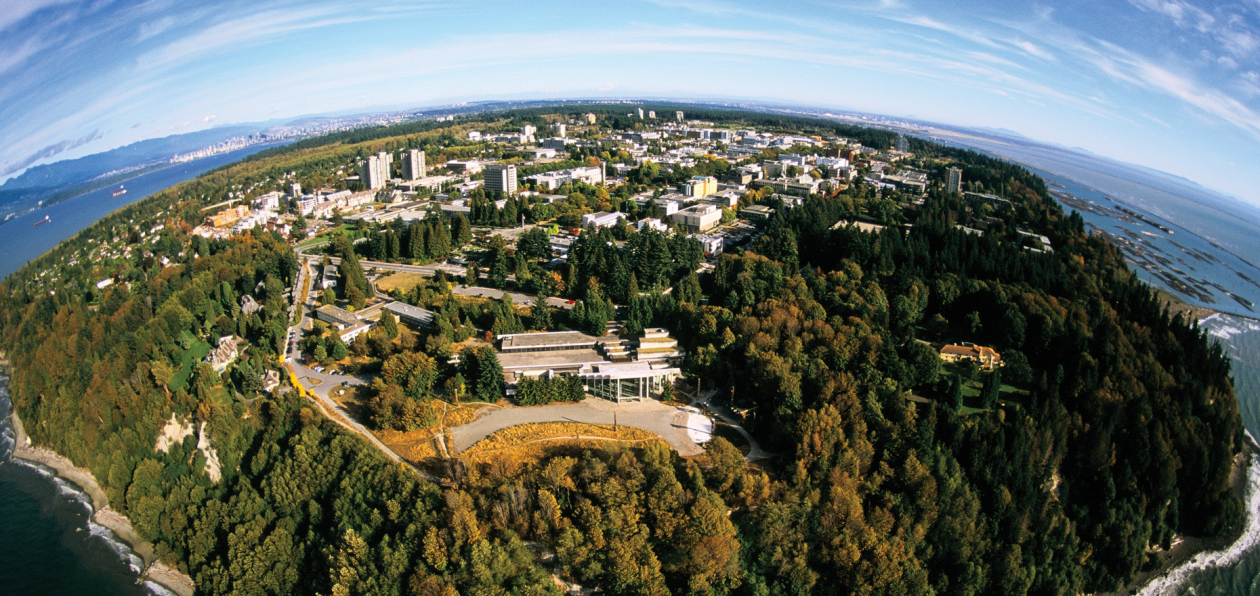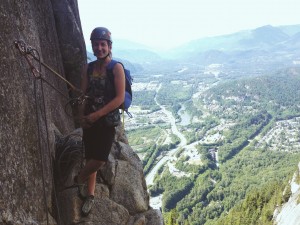I really enjoyed today’s discussion on physical literacy. I think being fit can mean so many more things than just being good at the traditional sports we see in a gymnasium. For example, in my own experience rock climbing I have been able to develop a love for a sport that has been more of a lifestyle for me than just a means to work out. Rock climbing makes me feel extremely vulnerable and forces me to think about each move I make. This idea helps me feel like I’ve truly accomplished something when I complete a route. Not only does it allow me to work on strength, but it encourages me to get outside in new and beautiful places. Communication is also hugely important, and you must trust your climbing partner with every move you make. These are all physical and mental skills that can be applied to every day life and in the classroom as well.
What’s interesting is that even though I consider myself “physically literate” in rock climbing – I have horrible arm strength! In fact, I can’t even perform a pull up. Maybe I could achieve one or two with horrible form, but if I was tested on this in a gym I would likely fail. Yet I can successfully tie knots, and use technique and balance to rock climb all the way up the Chief in Squamish. I think this shows a great deal about how our definition of fitness needs to change.


Maymie, I chose to comment on your post because we share similar views in terms of defining physical literacy, but also because of your great picture – well done.
I too, agree that being physically literate is not limited to the classroom. Rock climbing is a great example, and to expand on your point, the movements from climbing may also be applied to other sports such as ballet, or surfing. You need to find your balance when climbing, and as you develop this skill, you can apply the same rule of balance towards ballet dancing on the point of your toes.
If you are rigorously training for sport, it is important to be able to make these connections. These connections allow you to switch activities and add variety into your workout while still improving the abilities needed in your primary event. Triathlon is a great example, because running is best substituted for biking. So when a triathlete is mentally and physically fatigued with running, they are still able to work their motor muscles through biking.
Everything is connected!
Thanks,
Chris Phillips
Thank you for your post Maymie! It was very well written and really made me think of my own definition of physical literacy. I also loved your photo, it really added that personal touch! I too enjoyed this weeks discussion because I had never approached physical literacy from this standpoint before. I have always categorized activities, such as team sports and individual sports, and then thought in terms of whether I was good at that sport or not. However, in my adult life whether I can be the best at a sport no longer matters! Now the physical activities I engage in are things such as hiking, yoga, biking etc.The way we present fitness to our students in schools needs to change to a more real world perspective, where students want to learn to be physical literate not to be the strongest or the best but to enjoy life and be healthy. Rock climbing is an excellent example of an activity that incorporates physical literacy, communication and living a healthy outdoor lifestyle, yet our students rarely, if ever, get opportunities to engage in the learning experience rock climbing provides. Like Chris said above, everything really is connected!
Hi Maymie!
Thanks for your post! I have similar thoughts about my own physical literacy – I probably also wouldn’t pass a test in PE if they asked me to do a mile run or to do a bunch of sit-ups or push-ups, but I can still manage to play a game of football or race a sailboat. I think you’re absolute right that there’s more than one element of literacy, beyond just the physical skills.
Transferability is, in my opinion, the most important part of literacy. Like Steve was saying about his daughter, kids shouldn’t be specializing in sport at an early age, because they miss out on the benefits of engaging in a variety of sports and developing those transferrable skills. Even things that don’t seem connected – like rock climbing and ballet – probably share some basic elements, and by limiting ourselves as teachers/our students as learners we’re missing out on a lot of these important cross-overs. Definitely agree that our attitude needs to change!